As of January 1, 2025, Ontario has introduced changes to the collision reporting rules, impacting how drivers must respond to accidents. Here’s a look at these changes and how they can affect you.
Ontario’s New Collision Reporting Threshold
The most notable change is the increase in the damage threshold for reporting collisions. Previously, drivers were required to report any collision to the police if the total damage to a vehicle exceeded $2,000. This has now been raised to $5,000. This adjustment aims to reduce administrative burdens on both drivers and law enforcement, acknowledging the rising costs associated with vehicle repairs and the inflation of property values.
When to Report a Collision to Police
- You must report the collision to the police if the total damage exceeds $5,000, if there are injuries, if public property is damaged, or if a criminal act like impaired driving is suspected.
- Even if the damage falls below the $5,000 mark, it’s advisable to exchange information with all parties involved, including names, addresses, phone numbers, licence numbers, and insurance details.
Immediate Actions After an Accident
The general process after an accident hasn’t changed, but it’s critical to keep the procedure in mind:
- Stay Safe:
- Ensure everyone’s safety first. If safe, move the vehicles out of traffic, turn on hazard lights, and if possible, set up flares or other warning signals.
- Exchange Information:
- Regardless of the damage amount, exchanging information with the other party(ies) is essential. This includes insurance, vehicle information, and personal details.
- Police Notification:
- You must involve the police to investigate if the collision involves personal injury, death, involves a pedestrian/cyclist, any criminal activity, a vehicle transporting dangerous goods, damage to public property, an uncooperative driver, or a train/light rail vehicle. For less severe incidents, you have 24 hours to report to a Collision Reporting Centre.
- Visit a Collision Reporting Centre:
- If the damage appears above the new $5,000 threshold, you’re required to visit a Collision Reporting Centre within 24 hours rather than calling the police to the scene. You can fill out an online collision report to begin the process.
- In Waterloo Region, there are two Collision Reporting Centres. For towed and drivable vehicles, visit 150 Maple Grove Rd. in Cambridge. For drivable vehicles only, you can drive to 45 Columbia St. E. in Waterloo.
- Remember to bring your drivers licence, the vehicle permit, and insurance pink slip with you to the Centre.
Implications for Insurance Claims
- Insurance Notification
- You must inform your insurance company of any accident. It is suggested to report within seven days, but it is advised to discuss with your Insurance Broker. Earlier notification can help expedite the claims process and ensure you’re covered for any emerging issues like injuries or additional damages.
- Potential Penalties
- Failing to report or leaving the scene of an accident can lead to major legal repercussions, including fines and licence suspension. Insurance companies may increase your premiums or cancel your policy if they learn of an unreported accident.
These changes are a reflection of rising costs of repairing automobile damage and an attempt to help streamline processes for minor accidents, freeing up police resources for more serious incidents. However, they also place more responsibility on drivers to accurately assess damage and act accordingly.
If you have any questions or need clarification about your role following a collision, please reach out to your Staebler Insurance Broker.
. . .
Staebler Insurance is a general insurance broker specializing in car insurance, home insurance, small business insurance, and commercial insurance. Staebler Insurance Brokers proudly serve Kitchener, Waterloo, Cambridge, Guelph, Stratford, Listowel, Fergus, Elora, Wellington County, Perth County, Waterloo Region, the Greater Toronto Area, Golden Horseshoe, Niagara Region, and all over beautiful Ontario, Canada. Get a Quote to get started today.


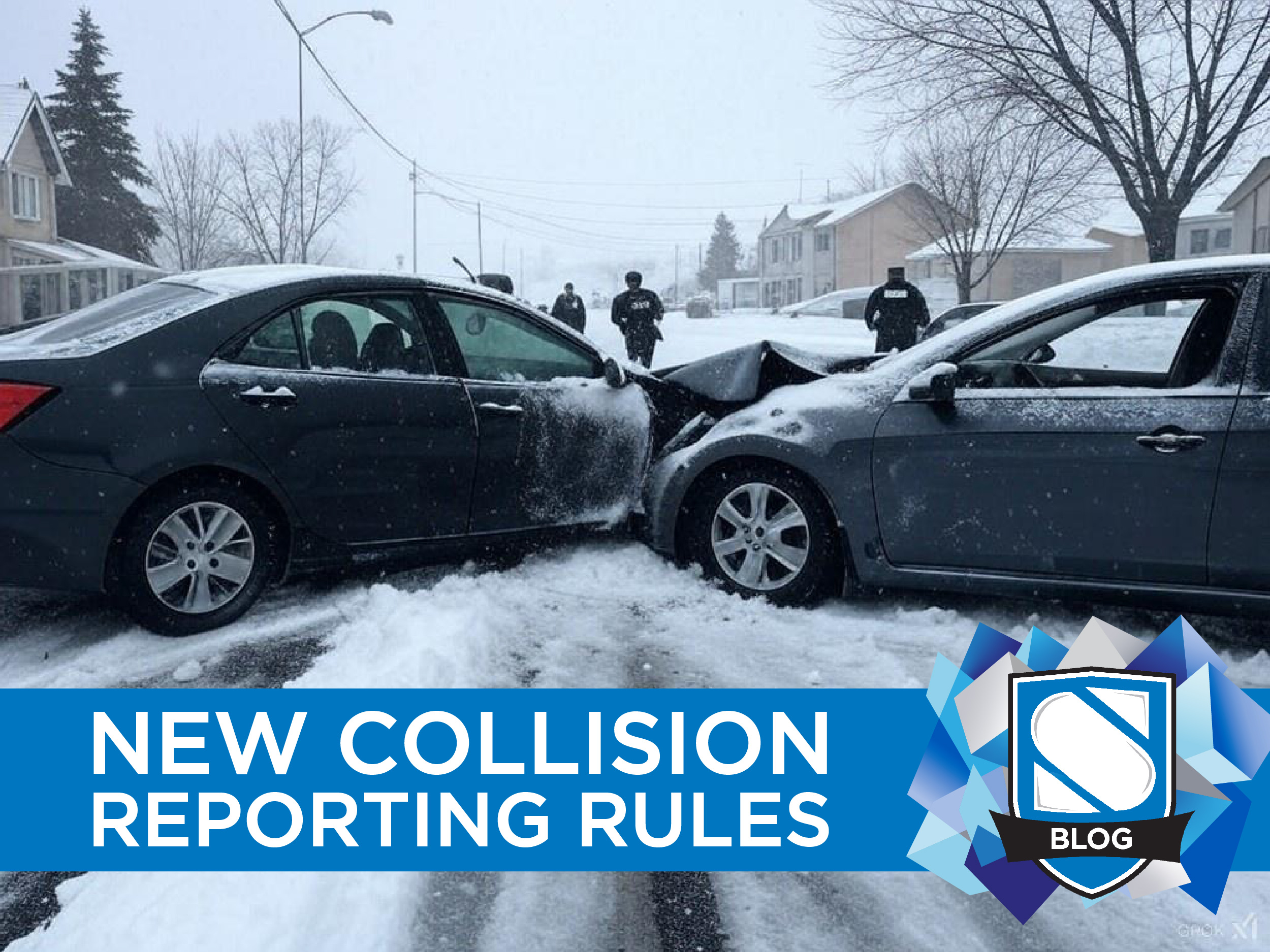

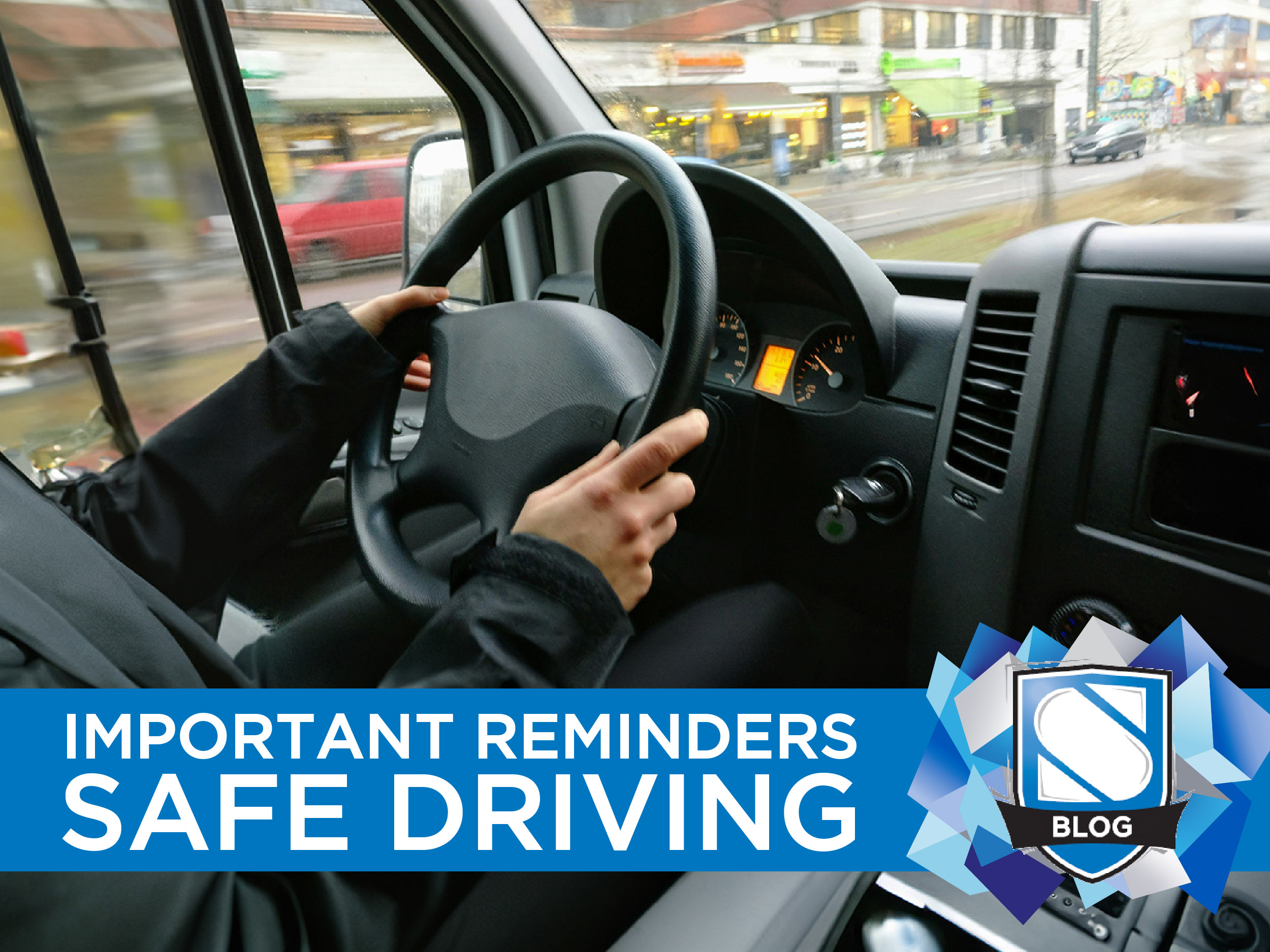
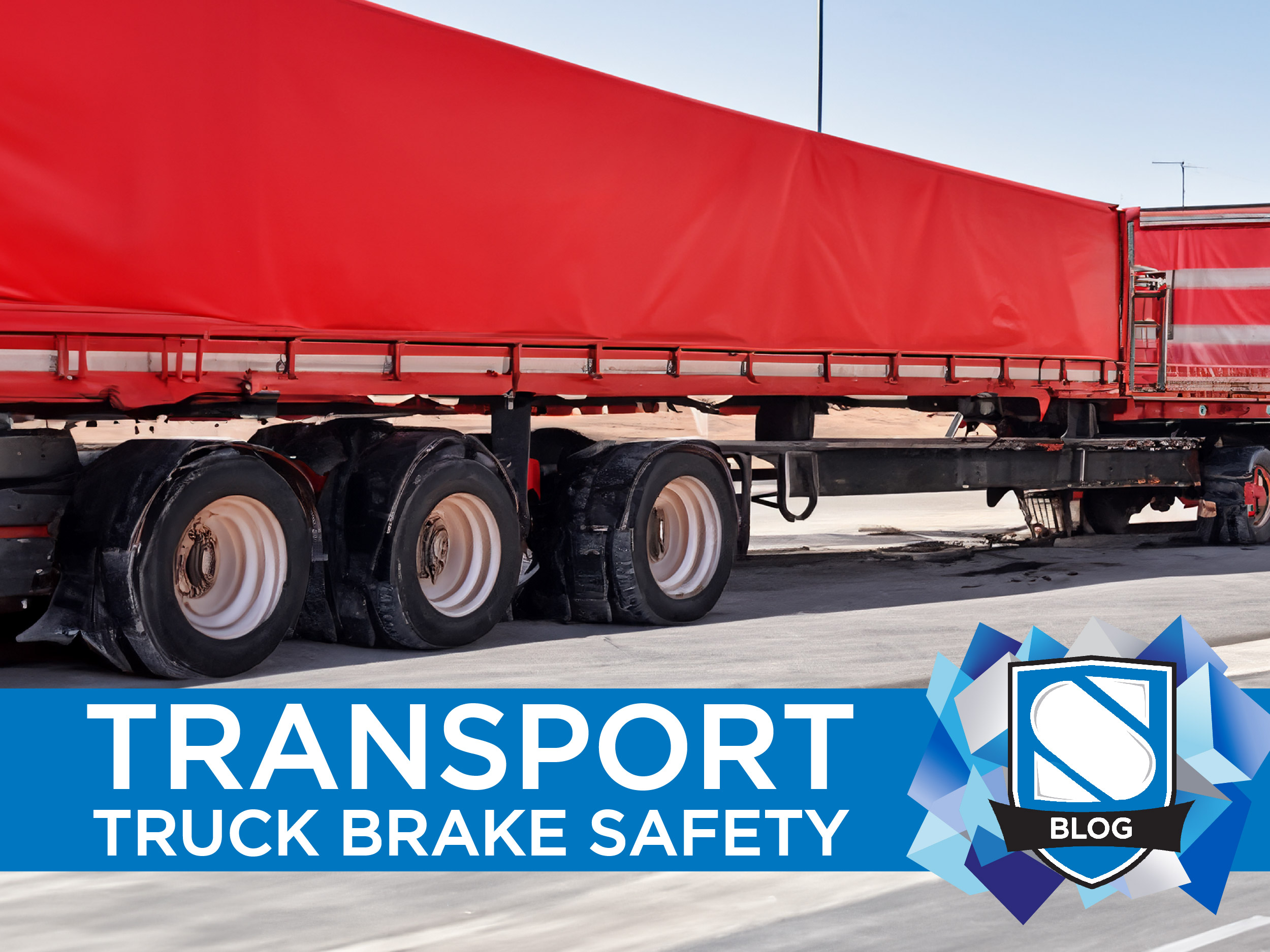


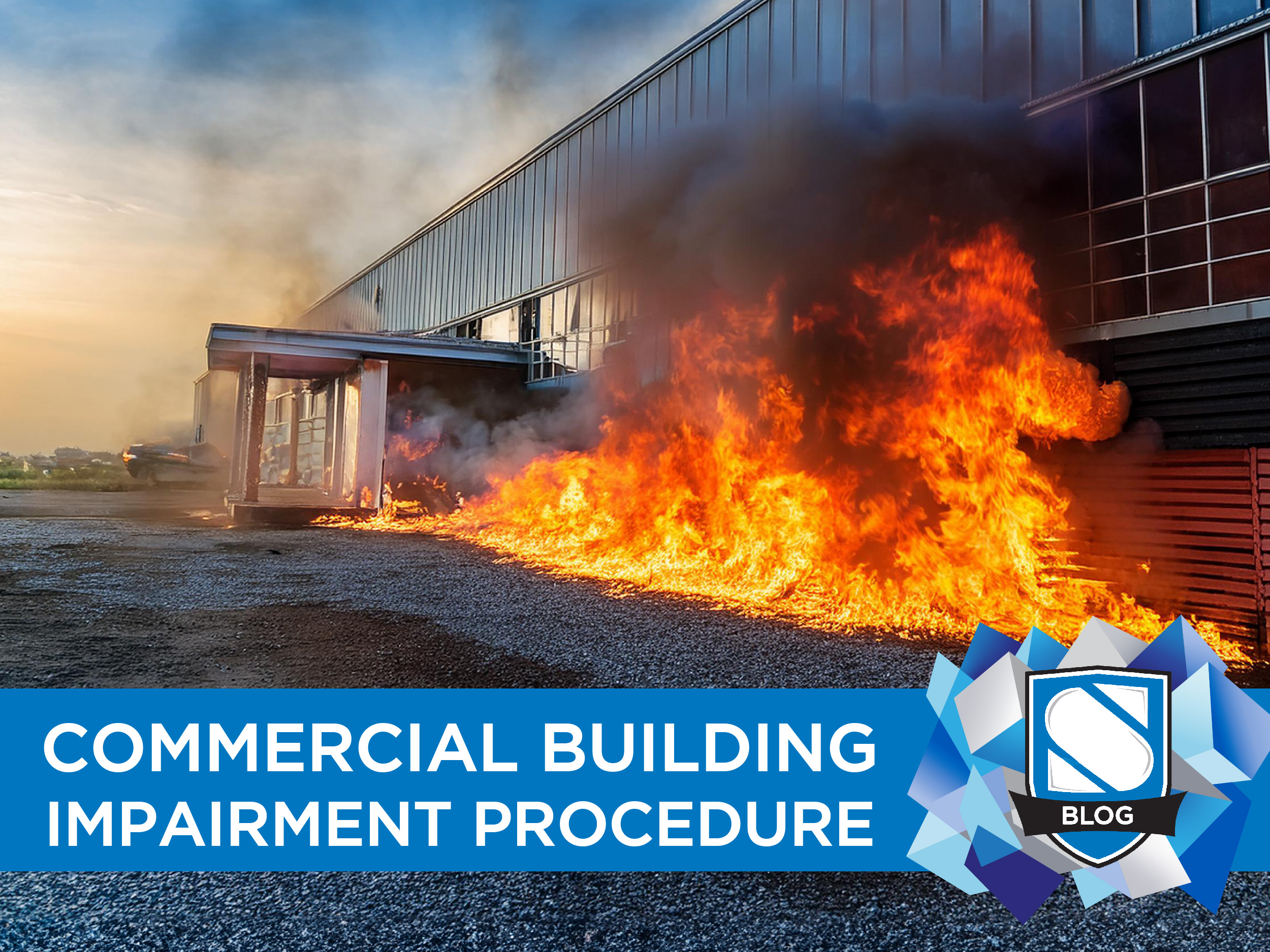

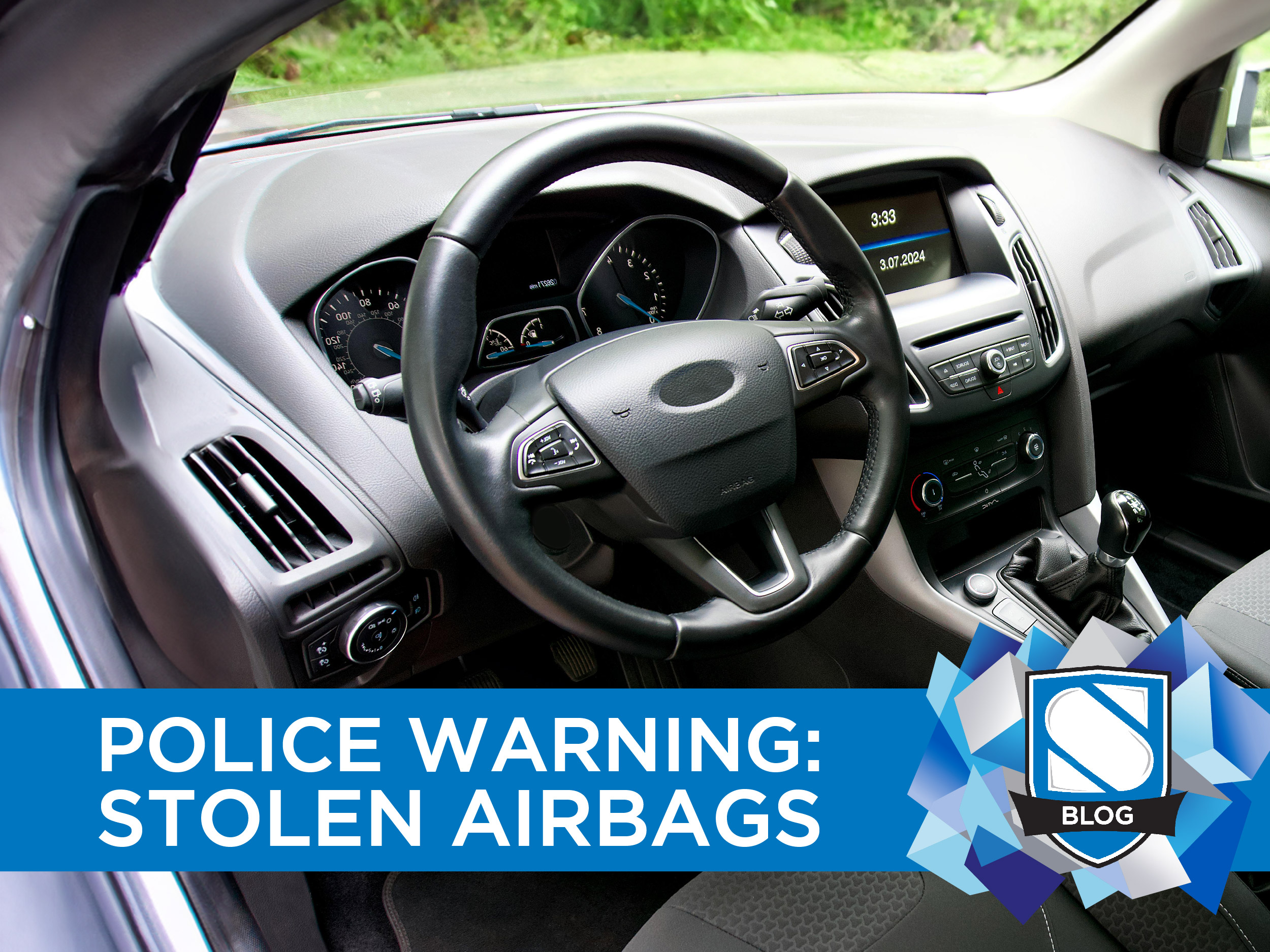
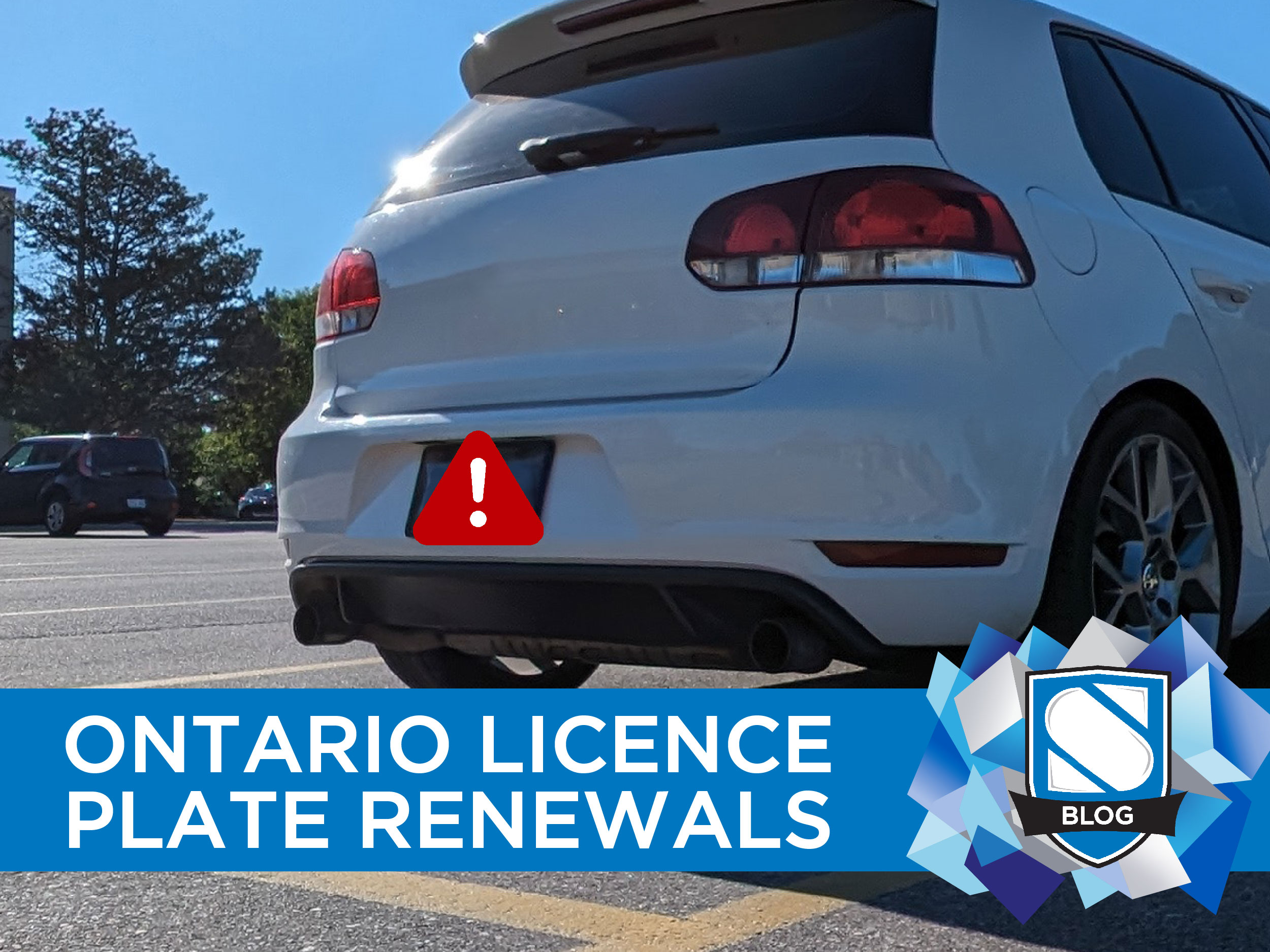


0 Comments